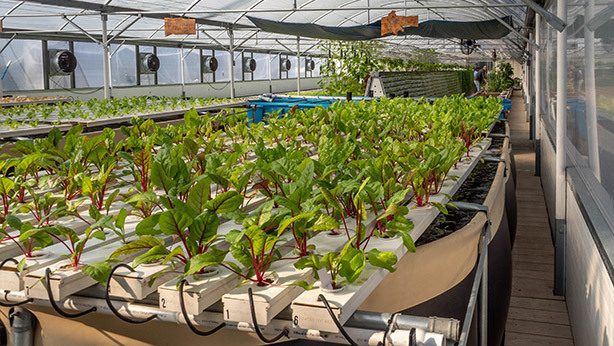
Four Things to Consider Before Donating to a Charitable Organization
May 9, 2022
FreshMinistries is opening a new cutting-edge Aquaponics Facility in Jacksonville, Fl
March 14, 2024For decades, there have been thousands of initiatives in place to help improve hunger and food scarcity both locally and abroad. Obstacles such as climate change, the pandemic, widening socioeconomic gaps, and more, mean charities that feed the hungry are under more pressure while operating with fewer resources. That’s why FreshMinistries made strides when it comes to charities that feed the hungry, by creating a business model that will continue to produce food for the local economy, and doesn’t require heavy overhead costs to stay afloat.
The Short-Term Models
Many charities that feed the hungry include short-term solutions to meet immediate needs. A family with no money left over for food after bills, for example, can visit a local food pantry. A country going through war or an economic disaster can receive food donations from wealthier countries. The short-term solutions are absolutely vital to make sure the local economy has food to live off of while longer-term solutions are put into play. No matter what those long-term solutions are, emergencies and poverty will always be issues, so food pantries and donations will always be part of the overarching solutions.
The Long-Term Models
While short-term solutions are needed to help people in the present time, organizations such as FrehMinistries also need to have long-term solutions put into place to help continue the fight against world hunger.
Long-term solutions look at the many complicated factors that drive food insecurity and work to correct them. The issues can be complex and require cooperation and innovation on a global scale. Nevertheless, there are many great organizations doing the hard work now for better outcomes years later. These models are every bit as important as food pantries, because they work to see continued success in the community.
A Different Way
Here at Fresh Ministries, we feel there is a better way to help charities that feed the hungry. We aim to teach entire communities how to grow healthy food, even if soil conditions are not ideal for agriculture. We do this through the innovation of aquaponics.
Our journey into aquaponics started in 2018 when (the late) Archbishop Emeritus Desmond Tutu supported our global initiative to eliminate food deserts and help communities grow economically through the development of agribusiness. In his honor, we named the initiative the Desmond Tutu Program to End Global Hunger.
Thanks to the generosity of funders, grants, and NGOs, we can build aquaponic greenhouses in developing nations and underserved communities. We provide training so these greenhouses not only provide produce but also serve as employment and opportunity centers in their communities. The use of aquaponics does not rely on large spaces of land to grow food or raise livestock. The footprint is smaller and greener, cheaper to run and maintain, jobs are created, and this combination helps lead to change that helps local communities for generations.
FreshMinistries Is Here To Help End Global Hunger
Charities that feed the hungry are vitally important for short-term, long-term, and permanent results. Fresh Ministries is proud to be part of the global, lasting change through our Desmond Tutu Program to End Global Hunger.



